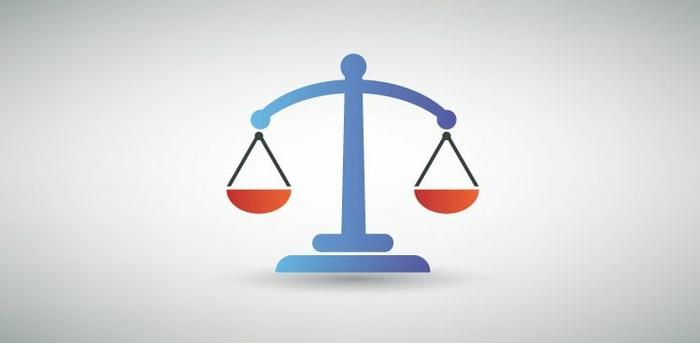
I was shocked the first time a colleague whispered this question to me at an industry event several years ago: “I know this is a silly question, but is there a difference between PR and marketing?”
When my eyeballs popped out of my head and I aggressively nodded my head yes, my colleague pushed further: “So, what is it?”
At the time, I was working at a huge international brand, where I was part of a large PR team that operated independently of the even bigger marketing team. I rattled off the major differences that popped into my head—marketing supports the sales team; PR supports the larger brand. Marketing handles advertising; PR handles press.
But when one of my coaching friends recently asked me the same question, I found that the difference wasn’t as easy to explain anymore. Because of the ways brands are adopting their favorite social media platforms, the lines between marketing and PR have blurred.
And, the smaller the company gets, the more those lines overlap. While speaking to my coaching friend, I realized that if you’re an entrepreneur, you’ve been told that you need to have awesome marketing and PR strategies a million times—but may not have been told where one ends and the other begins.
If you’re in the same boat and are kinda, sorta, not totally sure how to differentiate PR and marketing, here’s a breakdown:
Traditional Definitions
First, let’s start with how these two functions are defined:
Public Relations: The professional maintenance of a favorable public image by a company, other organization, or famous person
Marketing: The action or business of promoting and selling products or services, including market research and advertising
The main difference? Marketing is focused on promoting and selling a specific product, whereas PR is focused on maintaining a positive reputation for a company as a whole.
Day-to-Day
On any given day, you could find a PR professional:
- Writing a press release about an upcoming product launch or a new company initiative
- Pitching positive stories about upcoming company announcements to the media
- Securing speaking opportunities for executives at industry events
- Building relationships with the media and influencers in the industry
- Managing and updating company messaging
- Creating talking points and speaking to the press about a company crisis
On that same day, a marketing professional could be:
- Creating an advertising campaign for a new product
- Buying advertising slots for that campaign on relevant media platforms (e.g., radio, TV, or online)
- Creating supporting materials for product launches, like brochures, website landing pages, and FAQs for the sales team
- Conducting industry and client research to help drive the direction of marketing campaigns
- Drafting a weekly newsletter for clients
Metrics of Success
If a marketer is nearing the end of a marketing campaign and wants to understand her impact, here are a few questions she’ll ask to determine whether the campaign was successful:
- Did the product being marketed meet or exceed the sales goals?
- Comparing how much was spent on the marketing campaign to the profit made from sales of the product, was the return on investment (ROI) of the campaign high?
- Did you generate a great buzz from customers, social media followers, industry influencers, and the general public around the product?
For a PR person, success would look like:
- Lots and lots of positive press in relevant top-tier and trade publications and broadcast outlets about a product or the company as a whole
- A powerful speech by one of the company’s executive at a high-profile event that leads to more positive press
- Awards won at high-profile industry events
- Great buzz from social media followers, journalists, industry influencers, and the general public about the company as a whole
Overlap
The truth is, you can’t market without doing a little PR, and you can’t do PR without a little marketing. The end goals—selling products and making people love a company—are too intertwined: If your products are terrible, your company probably won’t be viewed favorably by the public, and if people aren’t connecting with your overall brand, they’re probably not going to buy your products.
And then there’s the beauty (or beast, depending on how you’re feeling today) of social media, which can comfortably sit within either department. If you’re the community manager for a company, you could be tweeting at journalists one second and then dealing with a disgruntled client on Facebook the next.
As an entrepreneur or small business trying to tackle marketing and PR yourself, it’s helpful to remove the question marks around how you promote your products and your brand. But honestly, I wouldn’t worry too much about what you call whatever it is you’re doing. Just make it really awesome.